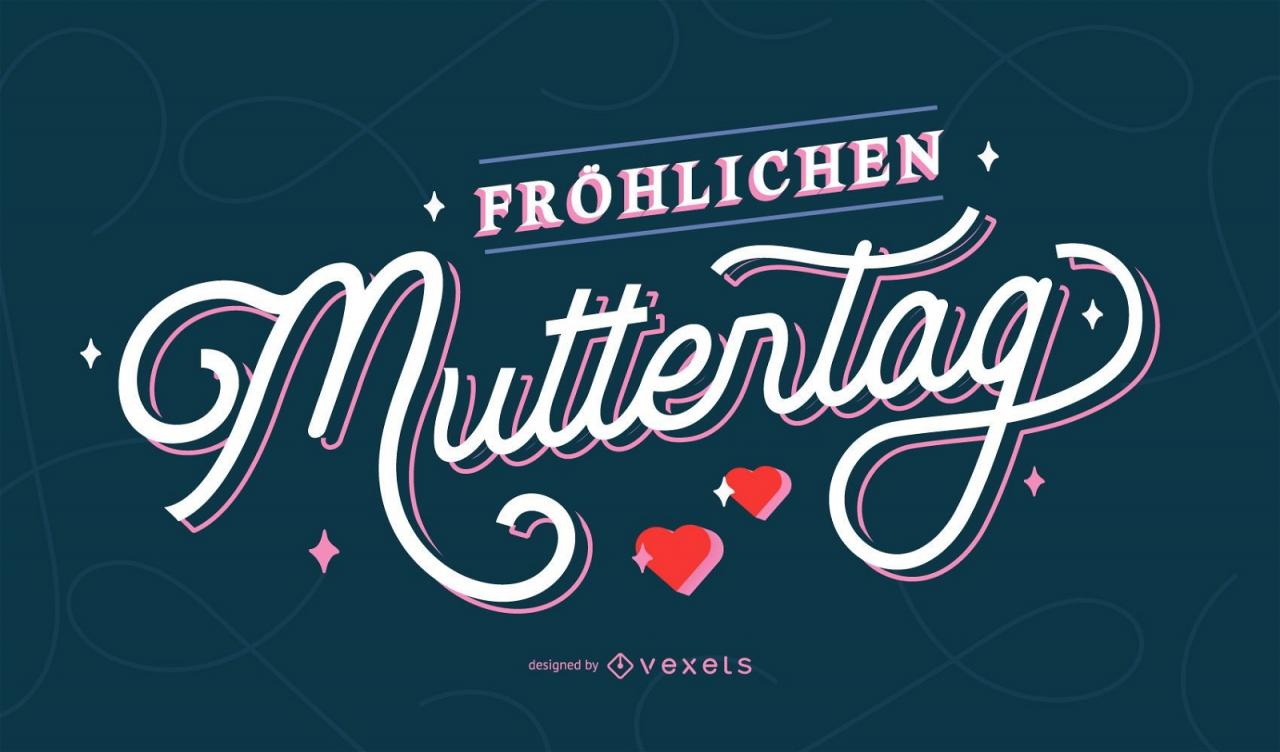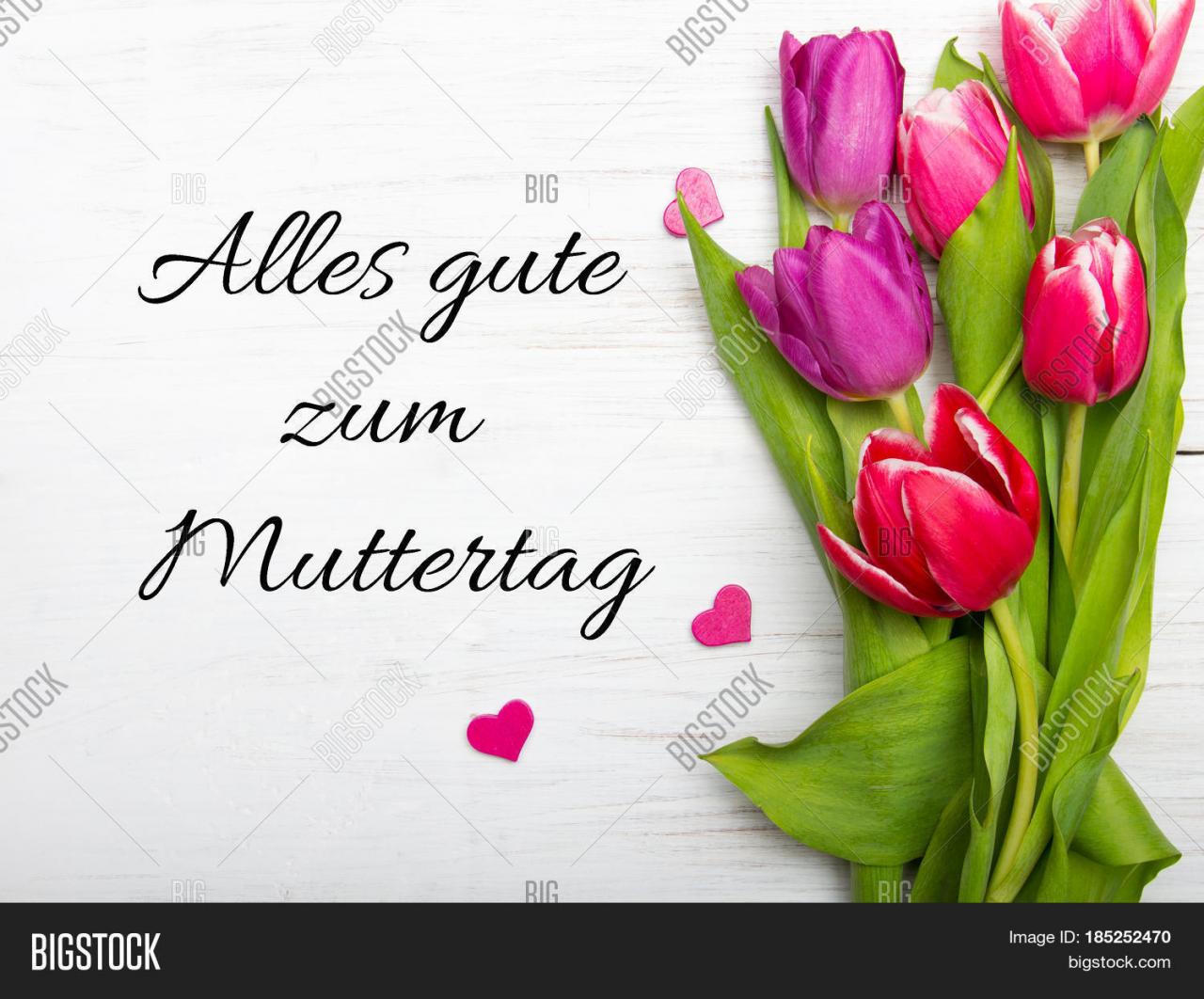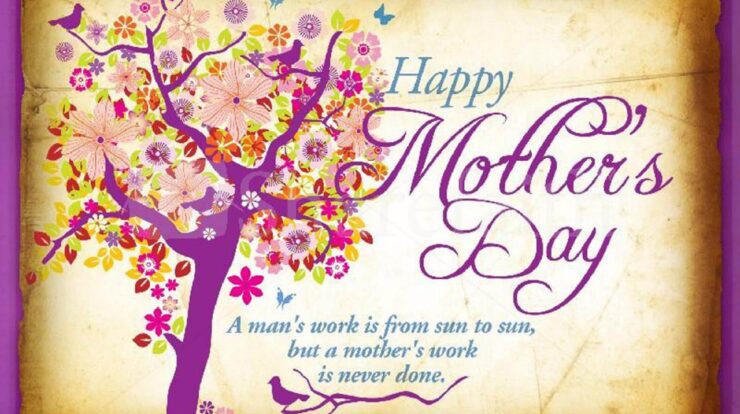
Happy Mother’s Day in German! In German-speaking countries, Muttertag is a special day to honor and celebrate mothers. From unique customs like the Muttertagskuchen (Mother’s Day cake) to the significance of motherhood in German society, let’s explore the rich traditions and cultural significance of this special day.
In the spirit of celebrating motherhood, the phrase Happy Mother’s Day to You Too acknowledges the importance of all mothers and extends a warm wish of gratitude and appreciation to them.
With roots in pagan festivals and influenced by the efforts of Anna Jarvis, the American woman credited with popularizing Mother’s Day worldwide, Muttertag has evolved into a day of appreciation and gratitude for mothers in Germany, Austria, and Switzerland.
A humorous incident at a Michigan grocery store has gone viral on Reddit, where a woman’s sign about Mother’s Day has sparked laughter and discussion. The sign, which read Michigan Grocery Store Sign Woman Reddit , has become a topic of online entertainment.
Happy Mother’s Day Traditions in German-Speaking Countries
Mother’s Day is a widely celebrated holiday in German-speaking countries, including Germany, Austria, and Switzerland. The day is marked by unique customs and traditions that honor and appreciate mothers.
Muttertagskuchen (Mother’s Day Cake)
One of the most popular Mother’s Day traditions in Germany is the baking of the “Muttertagskuchen,” a special cake made with fresh fruits, whipped cream, and often adorned with a heart-shaped decoration. This sweet treat is a symbol of love and gratitude for mothers.
Blumenstrauß (Flower Bouquet)
Another common Mother’s Day tradition is the giving of a “Blumenstrauß,” a bouquet of flowers. Red roses are a traditional choice, symbolizing love and appreciation. However, mothers may also receive other types of flowers, such as lilies, tulips, or daisies.
For those looking for heartfelt messages to express their love and gratitude, Happy Mother’s Day Wishes Mom offers a collection of touching words and phrases that can convey the depth of one’s appreciation.
Historical Origins of Muttertag
The origins of Mother’s Day in Germany can be traced back to pagan festivals that celebrated fertility and motherhood. In the early 1900s, the American woman Anna Jarvis played a significant role in popularizing Mother’s Day worldwide.
Anna Jarvis and the International Movement
In 1908, Jarvis organized the first Mother’s Day celebration in the United States. Her efforts led to the establishment of Mother’s Day as a national holiday in 1914. The idea quickly spread to other countries, including Germany, where it was officially recognized in 1923.
Cultural Significance of Motherhood in Germany
Motherhood holds a high cultural significance in German-speaking countries. Mothers are respected and honored for their role in raising children and contributing to society.
Family and Education
Mothers in Germany play a vital role in the family, providing love, support, and guidance to their children. They are also highly involved in their children’s education, often participating in school activities and extracurricular programs.
Workforce Participation
Despite the cultural emphasis on motherhood, women in Germany have a high labor force participation rate. This is supported by government policies that provide maternity leave, childcare options, and flexible work arrangements.
Literary and Artistic Expressions of Motherhood
Motherhood has been a common theme in German literature, poetry, and art throughout history. These works often depict the experiences, emotions, and challenges of motherhood.
Literature
- Hermann Hesse’s “Mutterliebe” (Mother’s Love) explores the complex bond between a mother and her son.
- Christa Wolf’s “Kassandra” portrays the experiences of a mother during wartime.
Art
- Käthe Kollwitz’s “Mutter mit totem Kind” (Mother with Dead Child) is a powerful depiction of the grief and loss experienced by mothers.
- Otto Dix’s “Die Mutter” (The Mother) shows a mother and child in a war-torn environment.
Contemporary Perspectives on Motherhood in Germany

The role of mothers in Germany is constantly evolving, influenced by social, economic, and technological changes.
Social Trends
The increasing number of single mothers and working mothers has led to new challenges and opportunities for mothers in Germany.
Snoopy, the beloved cartoon character, wishes all mothers a happy Mother’s Day with a heartwarming greeting. The iconic beagle is seen holding a bouquet of flowers and a heartfelt message: Snoopy Happy Mother’s Day .
Economic Factors
The cost of childcare and the lack of affordable housing can present financial barriers for mothers.
For those who wish to express their gratitude in Vietnamese, the phrase Happy Mother’s Day in Vietnamese is a heartfelt way to convey their love and appreciation.
Technological Advancements, Happy mother’s day in german
Technology has both simplified and complicated motherhood, with new apps and devices offering support and convenience, but also raising concerns about screen time and digital distraction.
Final Wrap-Up: Happy Mother’s Day In German

In contemporary Germany, mothers continue to play vital roles in families, education, and the workforce, shaping the cultural values and attitudes towards motherhood in German-speaking society. Whether through literature, poetry, or art, the experiences of motherhood are vividly depicted, reflecting the profound impact mothers have on their families and communities.
Quick FAQs
When is Mother’s Day celebrated in Germany?
Mother’s Day in Germany is celebrated on the second Sunday of May.
What is the traditional Mother’s Day cake in Germany?
The traditional Mother’s Day cake in Germany is called Muttertagskuchen, a sweet yeast-based cake often decorated with fruit or flowers.
What is the significance of flowers on Mother’s Day in Germany?
Flowers are an important part of Mother’s Day celebrations in Germany, symbolizing gratitude and appreciation for mothers.





